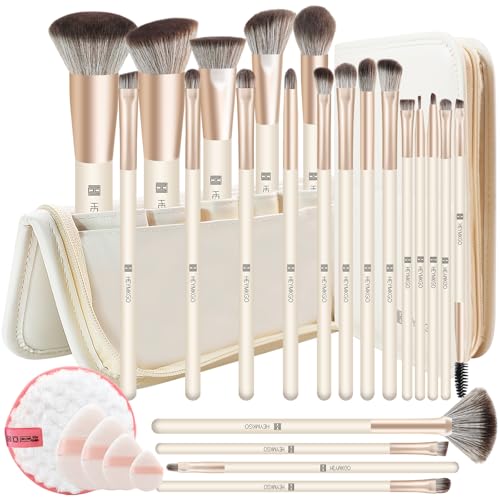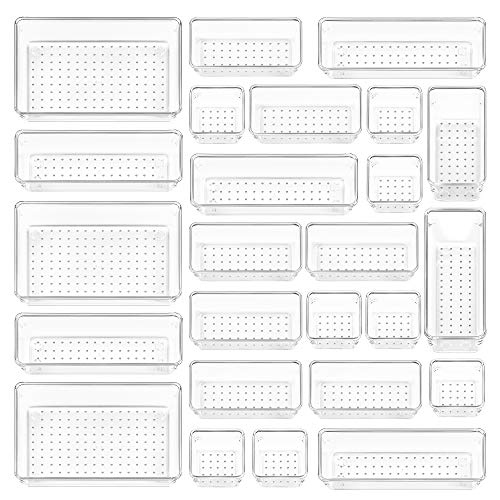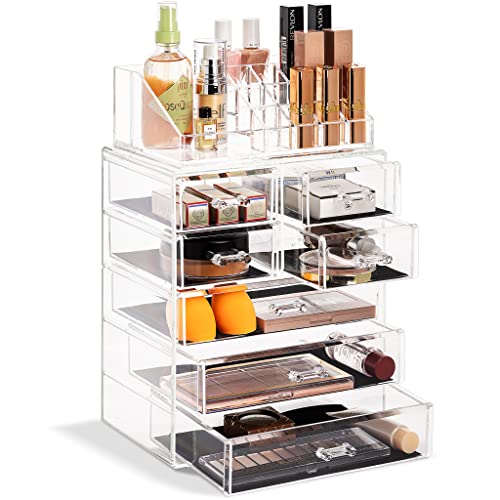1. Eat adequate amounts of protein.
Protein is composed of the amino acids essential for the building of new cells, including hair. Five amino acids are of particular relevance to hair growth - cystine, cysteine, methionine, arginine and lysine.
Inadequate protein intake over a lengthy period can force hair into the resting phase with shedding a few months later. It is obvious then that sufficient portions of protein rich foods should form part of your daily diet. The best sources of dietary protein are lean meats, fish, poultry, eggs, dairy products, soy, nuts, grains and seeds. At least 15% of your daily calories should come from protein-rich foods.
2. Eat adequate amounts of useful carbohydrates.
Carbs are an essential source of energy and help in the growth of body tissues, including hair. They are an important source of the B vitamins that are vital to healthy hair.
It is important that you concentrate on consuming non-refined carbs rather than the sugars and white flour that are so prevalent in many over-refined carb products. You should place an emphasis on consuming vegetables, fruits, whole grains, brown rice and potatoes. It is recommended that you obtain 55-60% of your daily calories from the carbohydrates found in these foods.
3. Achieve a healthy balance of dietary fats.
Fat is used in energy production and can be found in both animal and plant foods. Your body needs sufficient levels of fat to maintain good health. That fat should be obtained from a mixture of lean animal and plant sources. Roughly 25-30% of your daily calories should come from these sources.
4. The right nutritional balance is one that suits your personal circumstances.
How much of each food group you eat depends on a host of factors including age, sex, health and level of physical activity. When choosing meals and snacks, take account of the following key principles of sound nutrition:
- Eat a variety of foods.
- Apply moderation to your consumption of junk foods.
- Choose natural and lightly processed foods as often as possible.
- Do not over cook.
5. Support a nutritious diet with a few carefully chosen supplements.
Following a nutritious diet is essential for good hair health, but on its own this may not be sufficient for a number of reasons:
- Modern farming methods may deplete the nutrient quality of food.
- High stress levels may diminish nutrients in your body.
- Dieting may affect nutrient levels.
- Aging reduces the ability of our bodies to utilize certain nutrients.
- Exercise can deplete some nutrients.
It may be sufficient to supplement with a well-balanced multi-vitamin / mineral product but a number of products are available that specifically cater for the requirements of healthy hair.
You can learn more about these products by visiting the site listed below.
http://www.myhairlossadvisor.com Please go to Hair Loss Nutrition to find out more about the issues covered in this article
source: Top Nutritional Tips To Support Healthy Hair Growth
Protein is composed of the amino acids essential for the building of new cells, including hair. Five amino acids are of particular relevance to hair growth - cystine, cysteine, methionine, arginine and lysine.
Inadequate protein intake over a lengthy period can force hair into the resting phase with shedding a few months later. It is obvious then that sufficient portions of protein rich foods should form part of your daily diet. The best sources of dietary protein are lean meats, fish, poultry, eggs, dairy products, soy, nuts, grains and seeds. At least 15% of your daily calories should come from protein-rich foods.
2. Eat adequate amounts of useful carbohydrates.
Carbs are an essential source of energy and help in the growth of body tissues, including hair. They are an important source of the B vitamins that are vital to healthy hair.
It is important that you concentrate on consuming non-refined carbs rather than the sugars and white flour that are so prevalent in many over-refined carb products. You should place an emphasis on consuming vegetables, fruits, whole grains, brown rice and potatoes. It is recommended that you obtain 55-60% of your daily calories from the carbohydrates found in these foods.
3. Achieve a healthy balance of dietary fats.
Fat is used in energy production and can be found in both animal and plant foods. Your body needs sufficient levels of fat to maintain good health. That fat should be obtained from a mixture of lean animal and plant sources. Roughly 25-30% of your daily calories should come from these sources.
4. The right nutritional balance is one that suits your personal circumstances.
How much of each food group you eat depends on a host of factors including age, sex, health and level of physical activity. When choosing meals and snacks, take account of the following key principles of sound nutrition:
- Eat a variety of foods.
- Apply moderation to your consumption of junk foods.
- Choose natural and lightly processed foods as often as possible.
- Do not over cook.
5. Support a nutritious diet with a few carefully chosen supplements.
Following a nutritious diet is essential for good hair health, but on its own this may not be sufficient for a number of reasons:
- Modern farming methods may deplete the nutrient quality of food.
- High stress levels may diminish nutrients in your body.
- Dieting may affect nutrient levels.
- Aging reduces the ability of our bodies to utilize certain nutrients.
- Exercise can deplete some nutrients.
It may be sufficient to supplement with a well-balanced multi-vitamin / mineral product but a number of products are available that specifically cater for the requirements of healthy hair.
You can learn more about these products by visiting the site listed below.
http://www.myhairlossadvisor.com Please go to Hair Loss Nutrition to find out more about the issues covered in this article
source: Top Nutritional Tips To Support Healthy Hair Growth


































